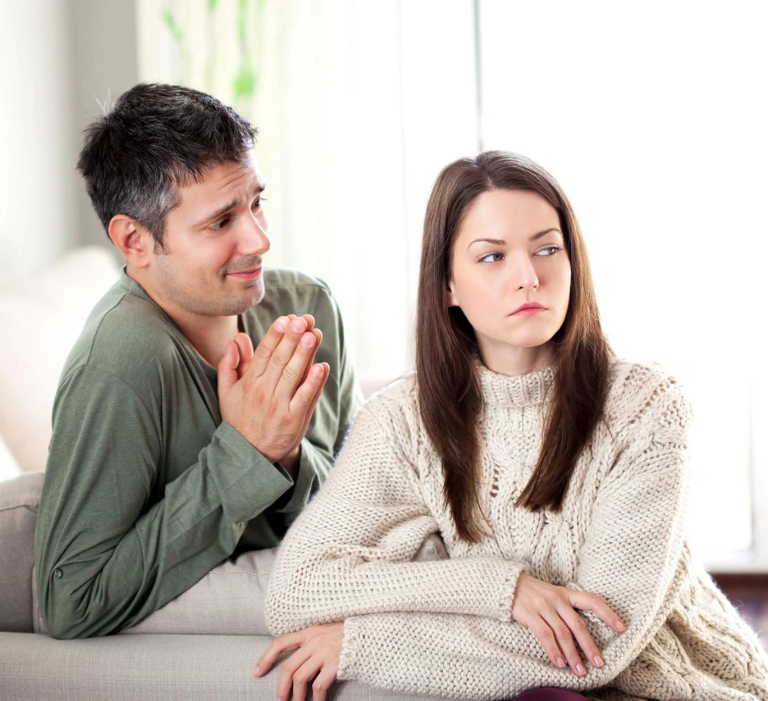Last Updated on June 15, 2023 by Rachel Hall
Power of Apologising
A Dood Apology is Hard to do, so Take Some Time to Learn How to Perfect it so You Can Repair Relationships and Heal Hurt Feelings
A Dood Apology is Hard to do, so Take Some Time to Learn How to Perfect it so You Can Repair Relationships and Heal Hurt Feelings
Introduction
People mess up. Constantly. At the moment I’m ignoring a couple of texts, and yesterday I spoke to someone I hurt years ago. I apologise to my partner, to my colleagues, to my cat when I step on her tail. We are constantly correcting and checking in with people we may have hurt.
The benefits of an apology

Apologising is not a selfless act. It feels good and cathartic to take responsibility for a mistake, and it can help to rebuild relationships. However, it also feels good to have someone apologise to you. To know that something which happened wasn’t ok, and that it won’t happen again, and maybe why it happened in the first place. In relationships, disagreements are inevitable, but checking in afterwards and making up is necessary.
Cultural apologies
Esther Perel recently published a blog post about the wider world of apologies. Turns out there’s more organised culture than just influencers taking off their makeup and showing some crocodile tears. She notes that, in Judaism, the “wrong” person can offer a sincere apology, which may not be accepted, but after three attempts the responsibility shifts to the “right” person.
How to apologise
There are good apologies and bad apologies. When children squabble, parents like to sit them down and make them say sorry, but it’s usually done with an evil glint which means they’re only sorry they got caught. As we mature, we have to get a little more complicated. A good apology should include the following things:
- Awareness of your actions
- Responsibility for your behaviour
- Acknowledgement of the impact this had
Some people like to include other steps, and sometimes things get a bit jumbled, especially if you’re emotional. I used to really hate lists like the one above because I thought they sounded insincere and formulaic, but now I quite like them. You make sure you hit all the right beats and the person you’re apologising to should feel supportive.
How not to apologise
Bad apologies exist. It’s usually when someone wants to avoid negative consequences for their actions without appreciating why they were in the wrong. I’ve had a few of those, and they can be unpleasant. Starting with things like “I’m sorry that you….” puts the blame on the other person and doesn’t show any real remorse. Anything which is intimidating or involves yelling also, obviously, doesn’t count. Finally, making yourself out to be terrible adds guilt to the apology and puts pressure on the “right” person. Things like “I’m sorry I’m awful, I should harm myself” means the “right” person ends up comforting the “wrong” person. It’s often a manipulative move, so keep an eye out for it.
Complicated apologies
Of course, life is complicated and we often end up in a situation where either both parties have done something bad, or one person hurt another because it was their only option. For example, you made a friend wait for you for an hour… because you had to comfort a neighbour after their cat died, or one of your children had an emergency, or a million other things. It feels strange to take responsibility for something which, ultimately, wasn’t your fault, but was your responsibility.
Conclusion
“Sorry” is a powerful word. Also, according to Elton John, it’s the hardest word, but that’s because he didn’t see me type “acknowledgement” earlier. I think there should be another “g”. Some people believe that they might be weak if they apologise, but I couldn’t disagree more. We all have flaws, so realising that you might not always interact with people in the best possible way is healthy and normal. If you’re apologising in a romantic relationship or to a family member, take some time to think about how you’d like to reconcile, consider their feelings, respect their opinions, and act with kindness.
The Power of the apology
Rachel Hall, M.A., completed her education in English at the University of Pennsylvania and received her master’s degree in family therapy from Northern Washington University. She has been actively involved in the treatment of anxiety disorders, depression, OCD, and coping with life changes and traumatic events for both families and individual clients for over a decade. Her areas of expertise include narrative therapy, cognitive behavioral therapy, and therapy for traumatic cases. In addition, Rachel conducts workshops focusing on the psychology of positive thinking and coping skills for both parents and teens. She has also authored numerous articles on the topics of mental health, stress, family dynamics and parenting.